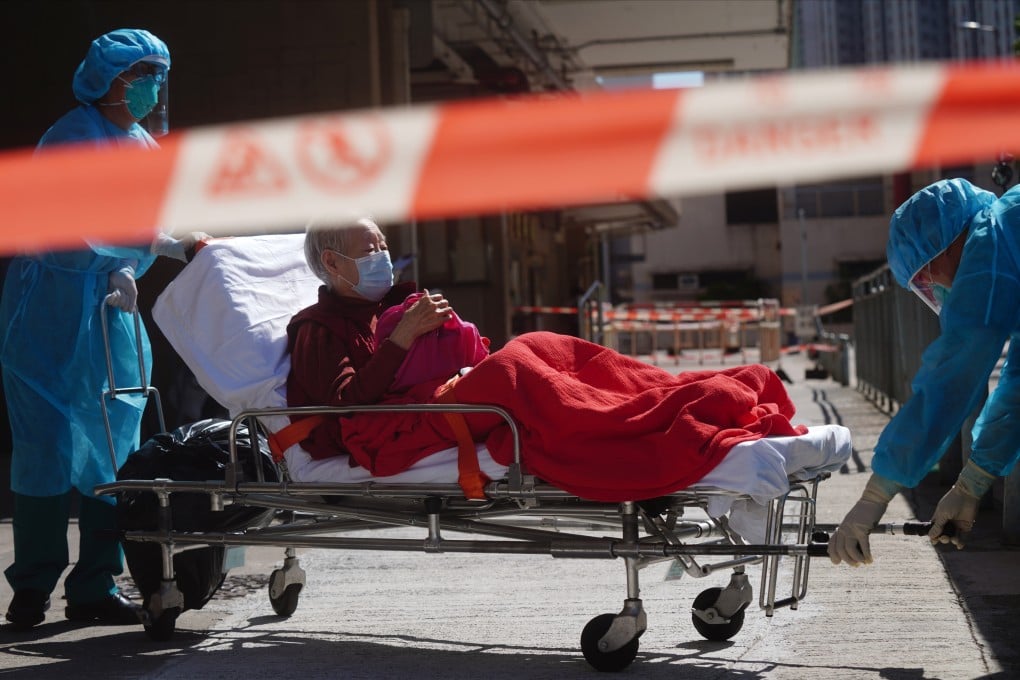Letters | A care home cluster in Hong Kong is a Covid-19 disaster waiting to happen
- Readers discuss the dangerously low vaccination rate of Hong Kong’s frail nursing residents, how the ‘zero-Covid’ policy can be refined, the use of rapid antigen tests, and the need for more data from the government

These senior citizens need, at best, regular, or in some cases round-the-clock, attention to their daily activities. Should they fall ill with Covid-19, pre-existing illnesses, such as heart, lung and other diseases, would also flare up. Locally, a high mortality rate of 28 per cent has been reported among the 137 infected nursing home residents.
Covid-19 spreads like wildfire in nursing homes, as seen in the West. A typical Hong Kong nursing home has 100-200 residents, and a single cohort of such Covid-19 patients would thus create a heavy burden on our health care system. As these individuals already suffer from pre-existing chronic diseases, Penny’s Bay or other less equipped sites would be unsuitable for them, and they would require hospitalisation.
A Covid-19 outbreak at a home with 200 residents could create demand for 200 hospital beds. Each of the 17 public hospitals would admit 12 such patients, requiring not only the usual precautions of isolation, but also the heavy use of medical and nursing resources. If there are two Covid-19 infected nursing homes, it will mean sending 24 such highly dependent and highly infectious patients to each of these hospitals.
These frail patients are unlikely to enjoy a rapid recovery and prompt discharge. While many would unfortunately die from Covid-19 and complications of their pre-existing illnesses, a substantial proportion could still survive, requiring further prolonged rehabilitation. Public hospitals will be left with no capacity for other patients in Hong Kong and the already stretched and stressed services will be further overwhelmed.
